Falah sabar heard a knock at the door. It was just before midnight in western Baghdad last April and Falah was already in bed, so he sent his son Wissam to answer. Standing in the doorway was a tall young man in jeans who neither shook Wissam’s hand nor offered a greeting. “We don’t want you here,” he said. “Your family should be gone by noon tomorrow.” For weeks, Wissam, who was 23, had been expecting something like this, as he’d noticed a dark mood taking hold of the neighborhood. He went to get his father, but when they returned, the stranger was gone.
Falah is tall and broad-shouldered, with salt-and-pepper hair. At 48, he was the patriarch of a brood of sons, daughters-in-law, and grandchildren. He sat down with Wissam to talk things through. They had been in Baghdad for just three months, but that was long enough for the abiding principle of refugee life to imprint itself on Falah’s psyche: Avoid trouble. When Wissam had managed to find a job at a construction firm, Falah had told him to be courteous, not to mix with strangers, and not to ask too many questions. If providence had granted them a new life in this unfamiliar city, it could snatch that life away just as easily.
Six months earlier, isis had seized their village, in Anbar province, the Sunni heartland of Iraq, blowing up houses and executing civilians as they fled. A few hundred families had managed to escape and were now scattered across Iraq. Many had wound up in squalid refugee camps near the front lines. The Sabars considered themselves lucky to have landed in Baghdad, a city solidly under the control of anti-isis forces.

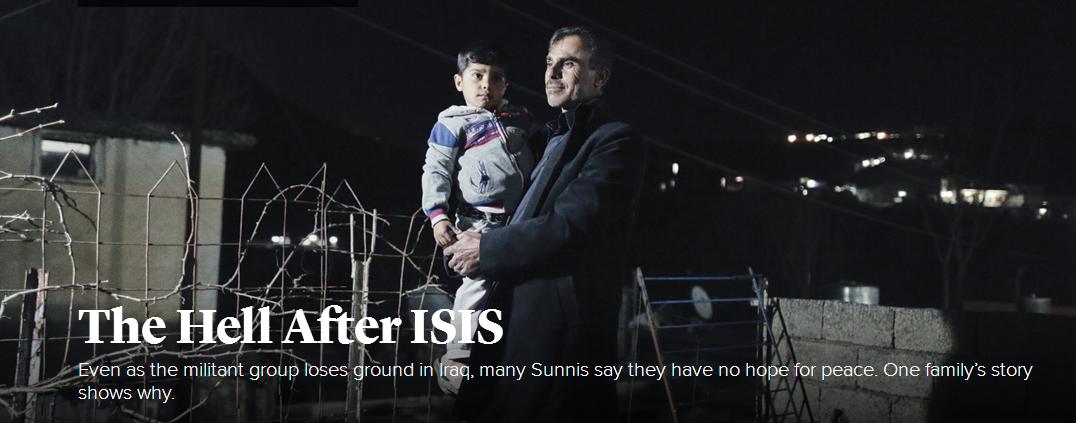

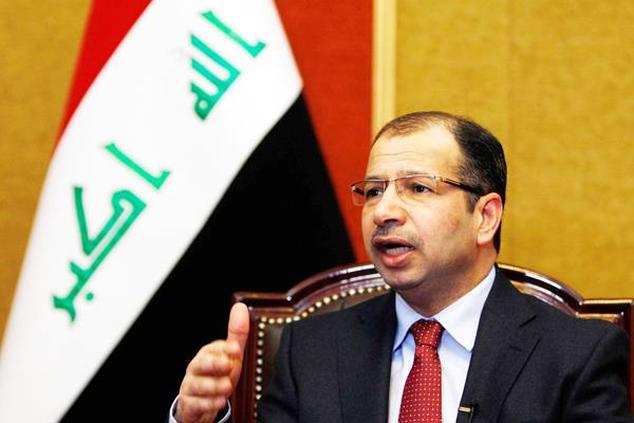
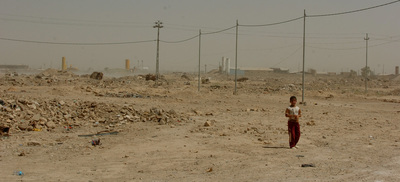
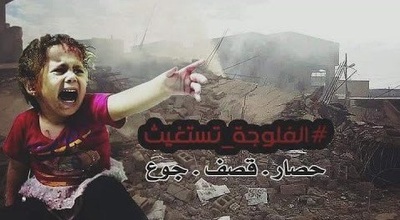
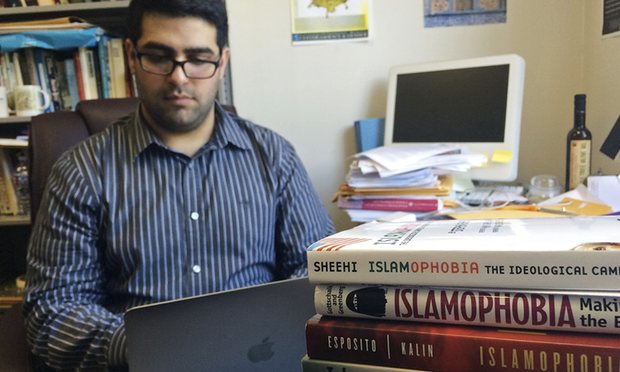
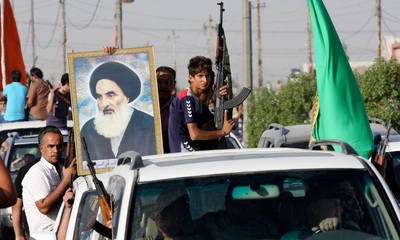
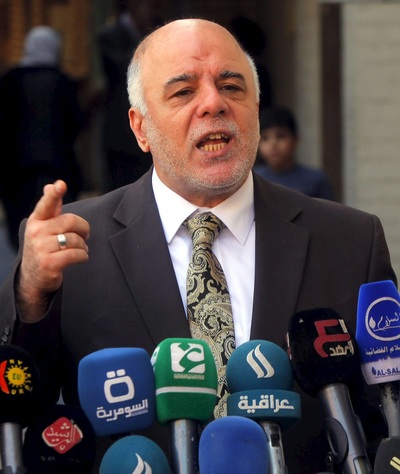
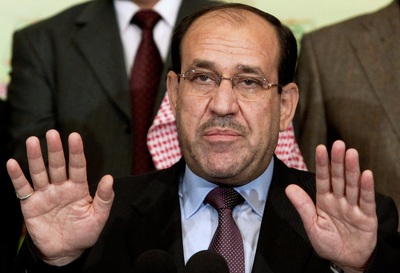
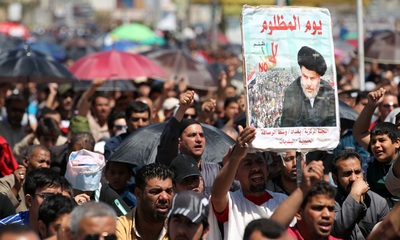
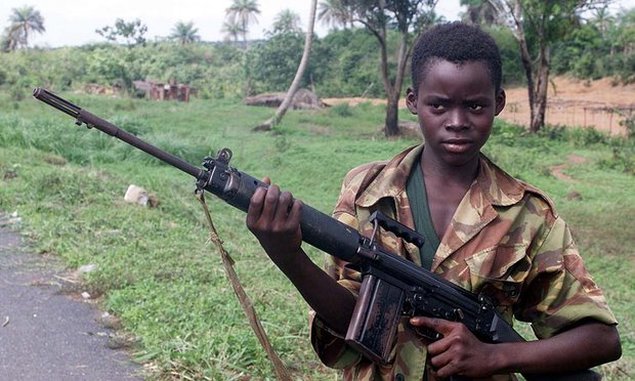
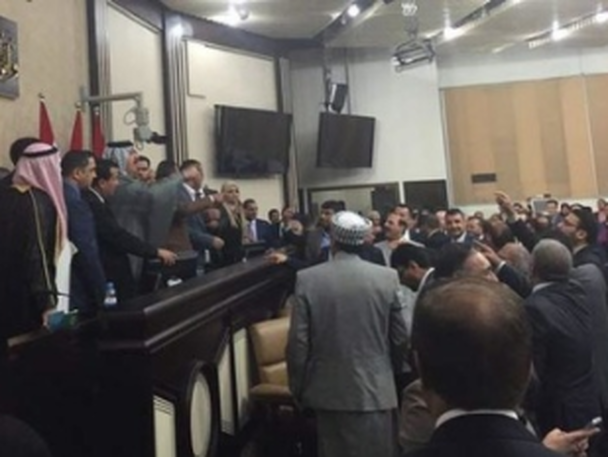
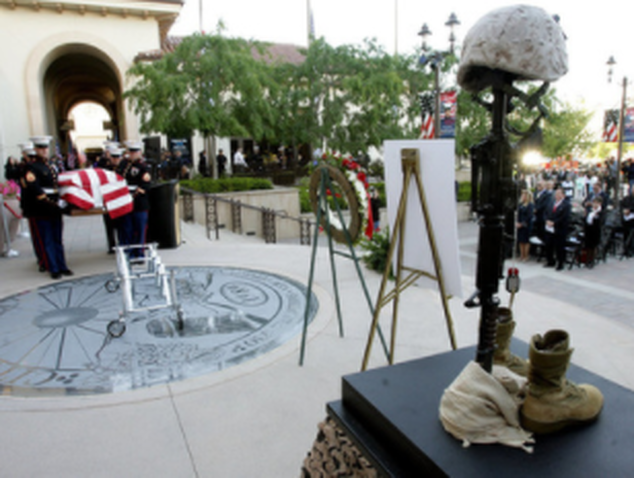
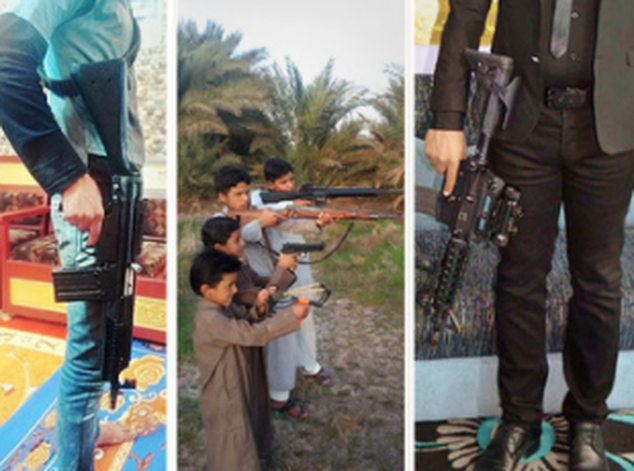
 RSS Feed
RSS Feed